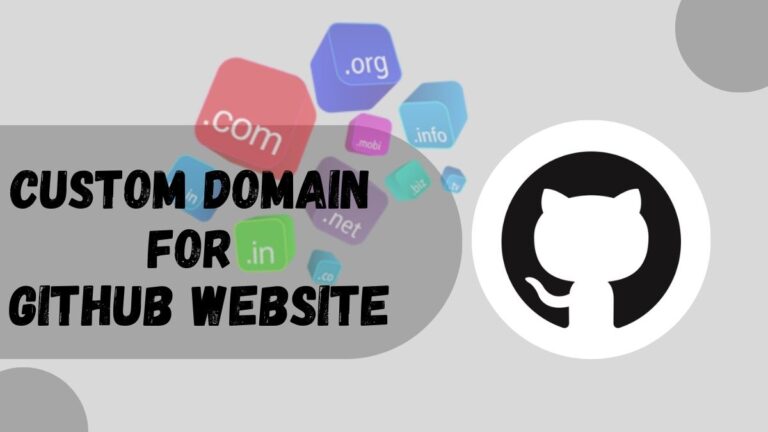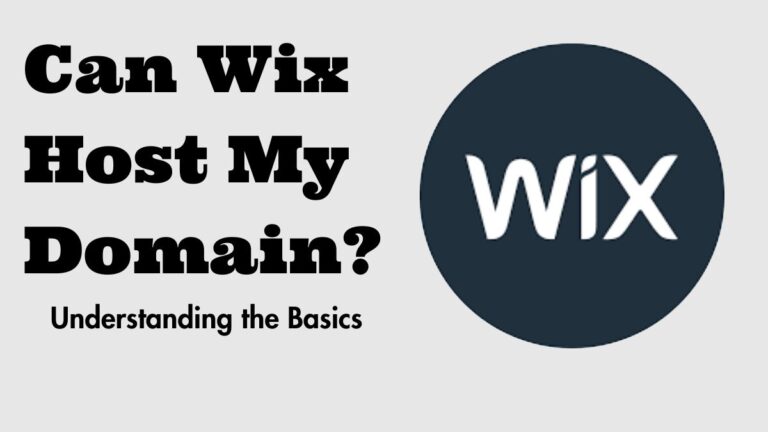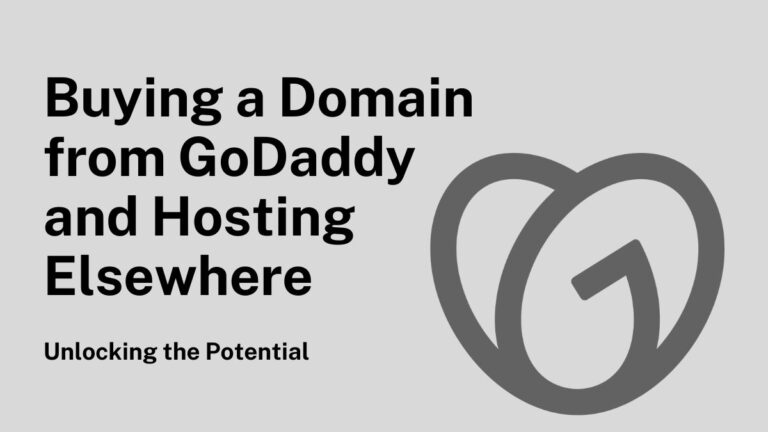Can I Host WordPress on My Server? Everything You Need to Know
Are you ready to take control of your WordPress website? Tired of limitations and restrictions imposed by shared hosting providers? If so, then get ready to embark on an exciting journey towards freedom and flexibility!
In this comprehensive blog post, we’ll unravel all the mysteries surrounding hosting WordPress on my server. From demystifying technical jargon to offering step-by-step guidance, we’ve got everything you need to know to confidently answer the burning question: Can I host WordPress on my server? Get a cup of coffee and let’s dive right in!
Table of Contents
What is WordPress?

WordPress software allows you to create a website or blog from scratch or improve an existing website. WordPress is free and open-source software released under the GPL license. WordPress is used by millions of people around the world, including many large organizations, such as The New York Times, BuzzFeed, and Forbes.
How Does WordPress Work?
WordPress is a content management system (CMS) that enables you to create a website or blog from scratch or to improve an existing website. WordPress is free and open-source software released under the GPL license. WordPress runs on many platforms, including Windows, MacOS, and Linux.
To create a WordPress website, you need a web hosting account and a copy of the WordPress software. To install WordPress onto your web host’s server, upload the files to your account and activate the plugin in WordPress’s admin area. Once activated, you can create your website by uploading your content and setting up themes and plugins.
Once your website is up and running, you can use various tools to monitor it remotely or update it automatically. For detailed instructions on how to set everything up, read our guide: How Does WordPress Work?
Can I Host WordPress on My Server?

If you are considering hosting WordPress yourself, there are a few things you need to keep in mind. First, make sure your server is up to the task. Second, make sure your hosting provider has an adequate hosting plan for WordPress. Be sure to read the guidelines provided by WordPress themselves before making any changes or installing plugins.
Selecting a Server
To host your own WordPress website on your server, you’ll first need to determine if your server can handle the load. Commercial web hosts typically offer dedicated servers that have more resources available than shared servers and are better suited for high-traffic websites. However, if you’re looking to build a small site or save some money, a shared server may be just fine.
Your next consideration is how much space your website will require. Many web hosts provide limited storage space for websites, which means you’ll likely need to purchase additional space if you want to host your WordPress site on your server. If size isn’t an issue, however, many web hosts offer unlimited storage space for Plesk (the popular virtual private server software) installations.
Installing WordPress on Your Server
Once you’ve selected your server and determined how much disk space and bandwidth it will require, the next step is installing WordPress onto it. Unfortunately, this process varies depending on the operating system used on your server. It can be difficult or even impossible if you don’t have extensive knowledge of Linux or Unix commands. If this is your first time installing WordPress, we recommend consulting a WordPress guide or using a hosted service such as WP Engine.
Hosting With a Service
If you don’t want to take on the hassle of hosting your own WordPress website, several reputable services will do it for you. Many of these services offer a free trial so you can test the platform before signing up. Popular options include WP Engine, Bluehost, and HostGator. These providers offer unlimited storage space for Plesk installations and detailed support channels for users who need help setting up or optimizing their websites.
Requirements for Hosting WordPress
WordPress is a popular content management system (CMS) that allows website owners to create and manage their websites. WordPress is free and can be installed on a server of your choice. However, before you can install WordPress, you must meet some requirements.
- Your server must have PHP and MySQL installed. PHP is the engine WordPress uses to communicate with the database, and MySQL is a database management system used by WordPress.
- Your server must have a level of security enabled.
- You need to create a hosting account with a hosting company that allows for WordPress installation. Once those requirements have been met, installing WordPress on your server is easy.
If you’re considering hosting WordPress on your server, there are a few requirements you’ll need to meet. First and foremost, your server must be capable of handling the load. WordPress is a popular content management system (CMS), so it will require a lot of horsepower to run smoothly. Second, make sure your host has enough storage space to house everything WordPress needs – including the site’s files and database. Make sure your server is secure enough to protect against online intrusions and malware attacks.
To host WordPress on your server, start by checking whether your server is capable of handling the load. WordPress requires at least 2GB of RAM and 25GB of storage space to work properly. Additionally, your server should have at least 500MBps of bandwidth capacity so updates can download quickly.
When deciding which host to use, take into account both the cost and the features offered. Some popular hosts that are well-equipped to host WordPress include GoDaddy, ICP Elite Hosting Services, WP Engine, SiteGround, Bluehost, and DreamHost Airbrake Security Solutions offer affordable plans that include support for WordPress out-of-the-box.
Suppose you need more control over your site’s security or hosting environment. In that case, however, some hosts like WP Super cache, W3 Total Cache, and CloudFlare offer enhanced control over your site’s security and performance.
Conclusion
In short, YES! While it is not an easy process, hosting WordPress on my server allows you to control every aspect of your website – from its design and hosting to its security. This means that you are in total control of how your site looks and works, making it the perfect platform for your unique brand. If you’re considering taking the plunge into self-hosting WordPress, read on for everything you need to know before getting started.






